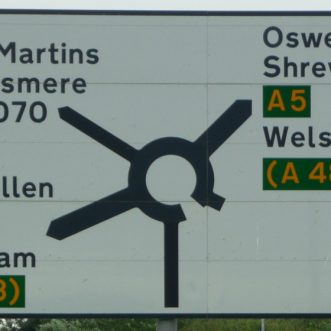
Exit
Investors and business angels have a clear exit strategy – grow fast for 3-5 years, sell up and crystallise the gains. Happily, this strategy often coincides with that of the entrepreneur, who wants to get this business idea going, and then move on to the next.
Most small business owners don’t have an exit strategy, or certainly don’t start with one.
Thinking about exit often only happens when some event reminds us of our mortality. If that doesn’t happen, the business simply winds down to nothing alongside its owner.
Partly this is due to our natural tendency to think short-term; partly because we simply can’t imagine ourselves without our business, and partly because we don’t believe our business could survive without us.
Perhaps then, rather than focus on our own exit, we could focus instead on the future life of our business as we would focus on the future life of our child – with the aim of making it independent?
If a business was a child, we would nurture it through the early years, then start giving it more responsibility and autonomy, so that when the time is right, the child leaves us, ready, willing and able to make its own dent in the universe.
This doesn’t mean you exit your business with nothing, it just changes who you might sell it to.
Who better than the people who helped you raise it?








